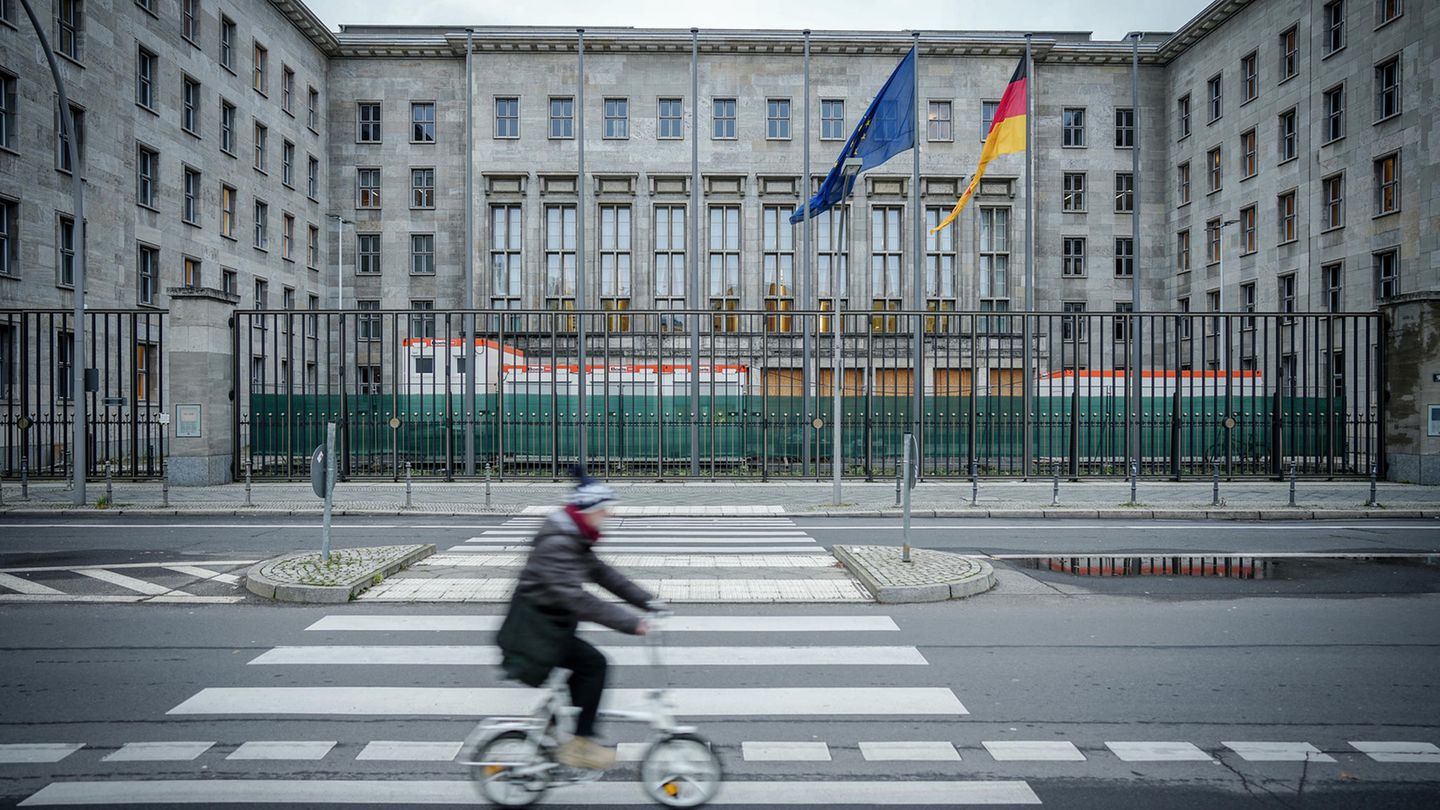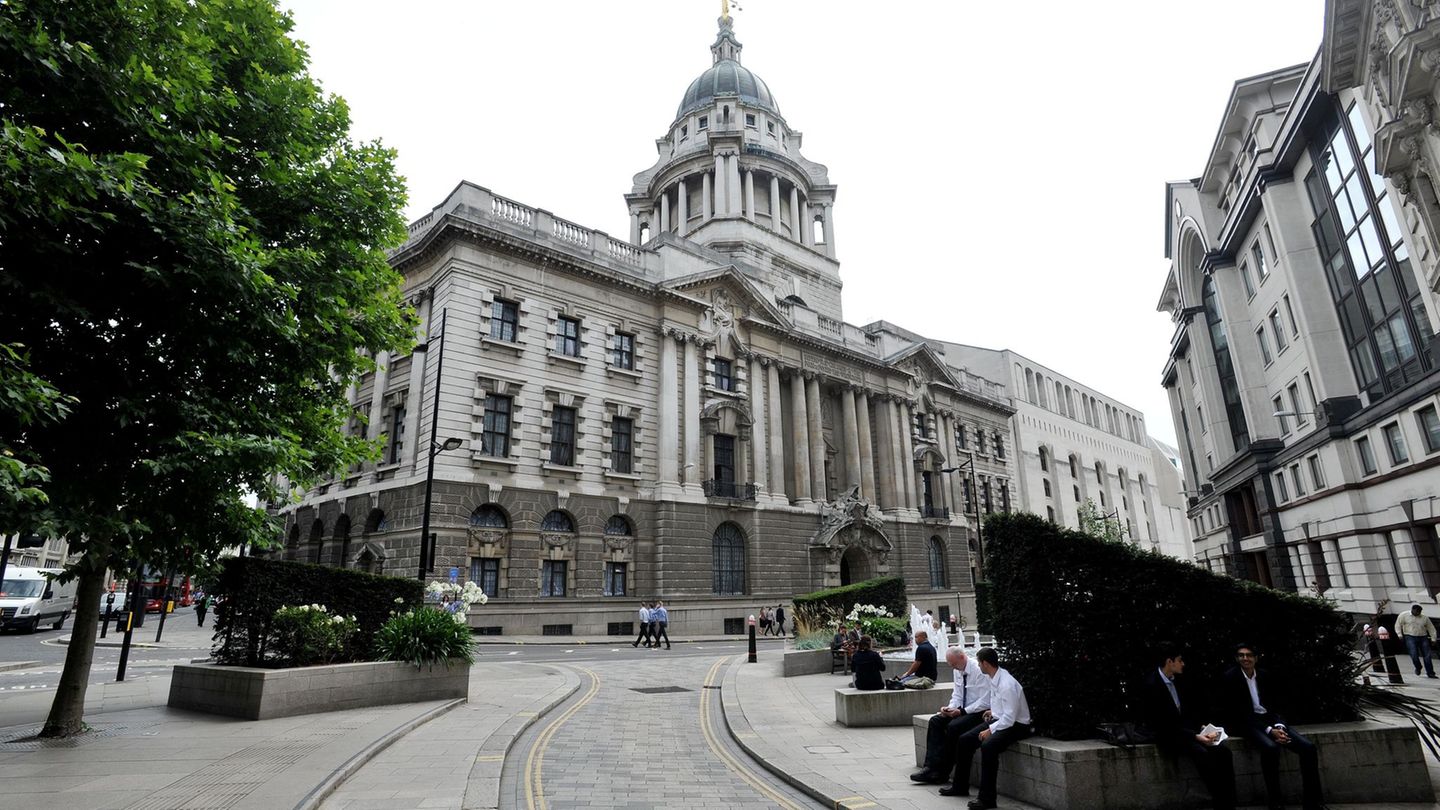The budget ruling from Karlsruhe continues to shake. Now the Ministry of Finance is also stopping the economic stabilization fund, which, among other things, finances the energy price brakes. The payments for 2023 should not be affected.
One week after the Constitutional Court’s budget ruling, the federal government has to put more and more parts of its budget on hold. Finance Minister Christian Lindner (FDP) imposed a spending freeze on large parts of the 2023 budget on Monday evening and on Tuesday also on the WSF crisis fund. Meanwhile, it remained unclear whether the budget for the coming year could be passed as planned. The Union called for the decision to be postponed.
After the constitutional judges’ ruling last Wednesday, Lindner initially only imposed a spending freeze on the Climate and Transformation Fund (KTF). This means that the traffic light coalition is already missing 60 billion euros for energy transition projects in the coming years, which should, among other things, flow into the establishment of future industries, especially in eastern Germany.
On Monday evening, the Federal Ministry of Finance said that so-called commitment authorizations would also be stopped for 2023 for other budget areas, which determine expenditure for the coming years. However, existing obligations would be met.
Finance Ministry also blocks the economic stabilization fund
On Tuesday, the Economic Stabilization Fund (WSF) fell victim to the Karlsruhe decision. Loan authorizations from the fund set up because of the energy crisis could “no longer be used in 2023 according to the current legal situation,” according to AFP information in a letter from Budget State Secretary Werner Gatzer to the other ministries. The “consent of the Federal Ministry of Finance” is therefore required for any WSF expenditure that is still necessary.
The federal government had endowed the WSF with 200 billion euros in 2022 to cushion the energy crisis following the war in Ukraine. Since then, the fund has financed electricity and gas price caps for consumers as well as support measures for companies and important gas importers. At the time, Chancellor Olaf Scholz (SPD) spoke of a “double whammy”.
To finance the WSF, which runs until mid-2024, the federal government used a similar procedure to that of the KTF climate fund, which was declared inadmissible by the Constitutional Court. Loan authorizations were included in one year for disbursements in subsequent years. Through this approach, Lindner was able to formally comply with the debt brake again from 2023.

Very close
Are you interested in politics? – and read the most important information of the week, selected for you by our Berlin politics experts!
When is the budget for 2024 coming?
With the blocking of the WSF, the payment of the energy price brakes this year is “not affected”, according to sources in the Federal Ministry of Finance. These should run until the end of March.
According to “Handelsblatt”, the WSF is likely to be on the brink of extinction. The federal government wants to close it at the end of the year, the newspaper reported from government circles. This means that 20 billion euros in spending will be eliminated next year. If the energy price brakes are to remain, they would have to be financed from other sources.
As a consequence of the verdict, the Union again called for the resolutions on the 2024 budget to be postponed. According to the traffic light coalition’s planning, the discussion on this should be completed this Thursday in the budget committee and the budget should then be approved by the Bundestag on December 1st.
The federal government must first provide clarity about how it wants to replace funds cut as a result of the Federal Constitutional Court’s ruling, said deputy parliamentary group leader Mathias Middelberg. Anything else would be “grossly negligent” and could again lead to an unconstitutional budget.
Against this background, SPD parliamentary group leader Rolf Mützenich fundamentally questioned the debt brake. “In my opinion, we will not be able to avoid making an exception for 2024 – possibly even longer,” he told “stern”. The coalition should quickly determine the existence of an emergency “with the Chancellor majority” in the Bundestag.
The Greens also support suspending or easing the debt brake. However, the FDP has so far rejected this, as has the CDU/CSU opposition. Conversely, demands from the Union and FDP for cuts in the social sector were rejected by the SPD and the Greens.
Source: Stern
I have been working in the news industry for over 6 years, first as a reporter and now as an editor. I have covered politics extensively, and my work has appeared in major newspapers and online news outlets around the world. In addition to my writing, I also contribute regularly to 24 Hours World.




